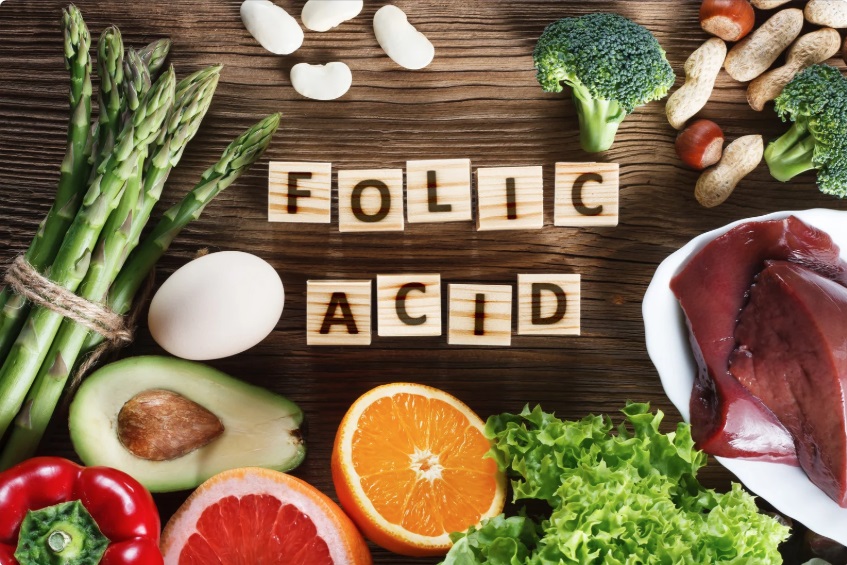
Folic acid, also known as vitamin B9, is a synthetic form of folate, an essential nutrient found in supplements and fortified foods. The body uses folic acid to produce and maintain new cells, making it critical for growth and development—especially during pregnancy.
Folic acid is essential because the body cannot produce it naturally, so it must be obtained through diet or supplements. During pregnancy, getting enough folic acid is crucial for preventing neural tube defects (NTDs) in the developing fetus.
NTDs are serious congenital conditions affecting the brain, spine, and spinal cord. They typically develop in the first month of pregnancy. The two most common NTDs are:
In addition to preventing NTDs, research suggests that this vitamin may also help reduce the risk of:
✅ Cleft lip – A split in the upper lip.
✅ Congenital heart disease – Abnormal development of the heart or blood vessels before birth.
Folate is naturally found in a variety of foods, including:
🥗 Legumes – Lentils, chickpeas, and beans.
🥬 Green leafy vegetables – Cabbage, spinach, and kale.
🥜 Nuts – A great source of folate and healthy fats.
🌾 Fortified cereals – Many breakfast cereals are enriched with this vitamin.
🍞 Yeasts & Whole Grains – Naturally high in folate.
Incorporating these foods into your diet can help meet your daily folic acid requirements and support a healthy pregnancy.
Ensuring adequate folic acid intake before and during pregnancy is crucial for reducing the risk of birth defects and supporting your baby’s development.
📞 Need Guidance? If you have questions about folic acid or need help planning a pregnancy-friendly diet, contact Sakalli IVF today. Our expert team is here to support and guide you on your journey to a healthy pregnancy.
Copyright © Sakalli IVF. All rights reserved